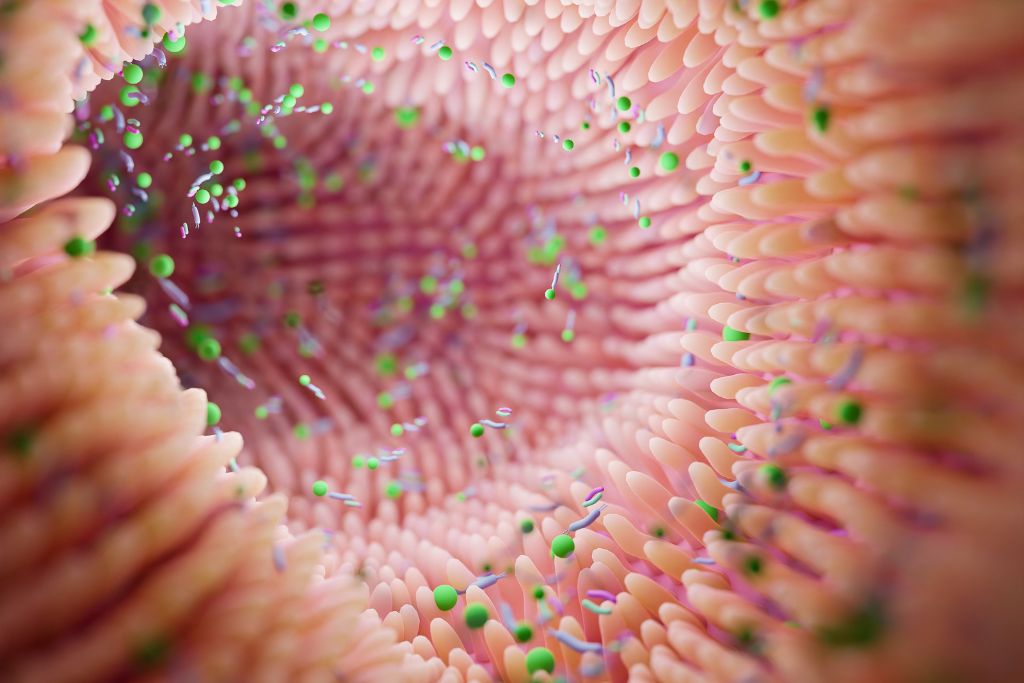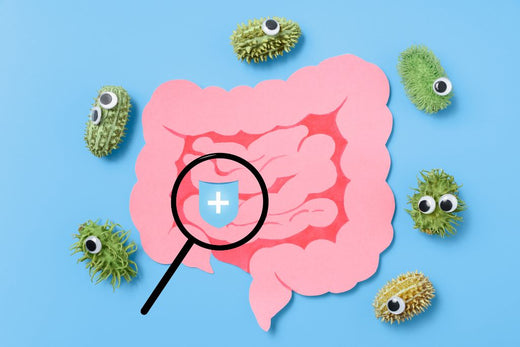The gut microbiota has become a central topic in the field of health and wellness. This complex ecosystem of microorganisms not only resides in our gut, but plays a crucial role in multiple bodily functions.
Understanding what the intestinal microbiota is and its importance is the first step towards improving health, so let's see how you can take advantage of this ecosystem.
What is intestinal microbiota?
The intestinal microbiota is composed of billions of microorganisms, including bacteria, viruses, fungi and protozoa, that inhabit our digestive system.
These microorganisms work in harmony to facilitate vital processes such as food digestion, vitamin synthesis and protection against pathogens.

Importance of intestinal microbiota for health
Digestion and absorption of nutrients
The microbiota helps break down foods that the human body cannot digest on its own, facilitating the absorption of essential nutrients such as B vitamins and vitamin K.
Immune system
A healthy gut strengthens the immune system, as the gut microbiota interacts with immune cells to fight infections and reduce inflammation.
Mental health
There is a two-way connection between the gut microbiota and the brain, known as the gut-brain axis. A proper balance of microorganisms can positively influence mood and reduce the risk of disorders such as depression and anxiety.
Prevention of chronic diseases
An imbalance in the microbiota, known as dysbiosis, has been associated with various chronic diseases such as obesity, type 2 diabetes, inflammatory bowel diseases and certain allergies.
Factors affecting the intestinal microbiota
- Diet : A diet rich in fiber, fruits, vegetables and fermented foods promotes a healthy microbiota, while a diet high in sugars and saturated fats can cause imbalances.
- Antibiotic use : Antibiotics can kill off both bad and good bacteria, negatively affecting gut microbiota and potentially leading to infections like SIBO (small intestinal bacterial overgrowth).
- Stress and lifestyle : Chronic stress and a sedentary lifestyle can alter the composition of the microbiota, reducing its diversity and functionality.



Leave a comment
This site is protected by hCaptcha and the hCaptcha Privacy Policy and Terms of Service apply.